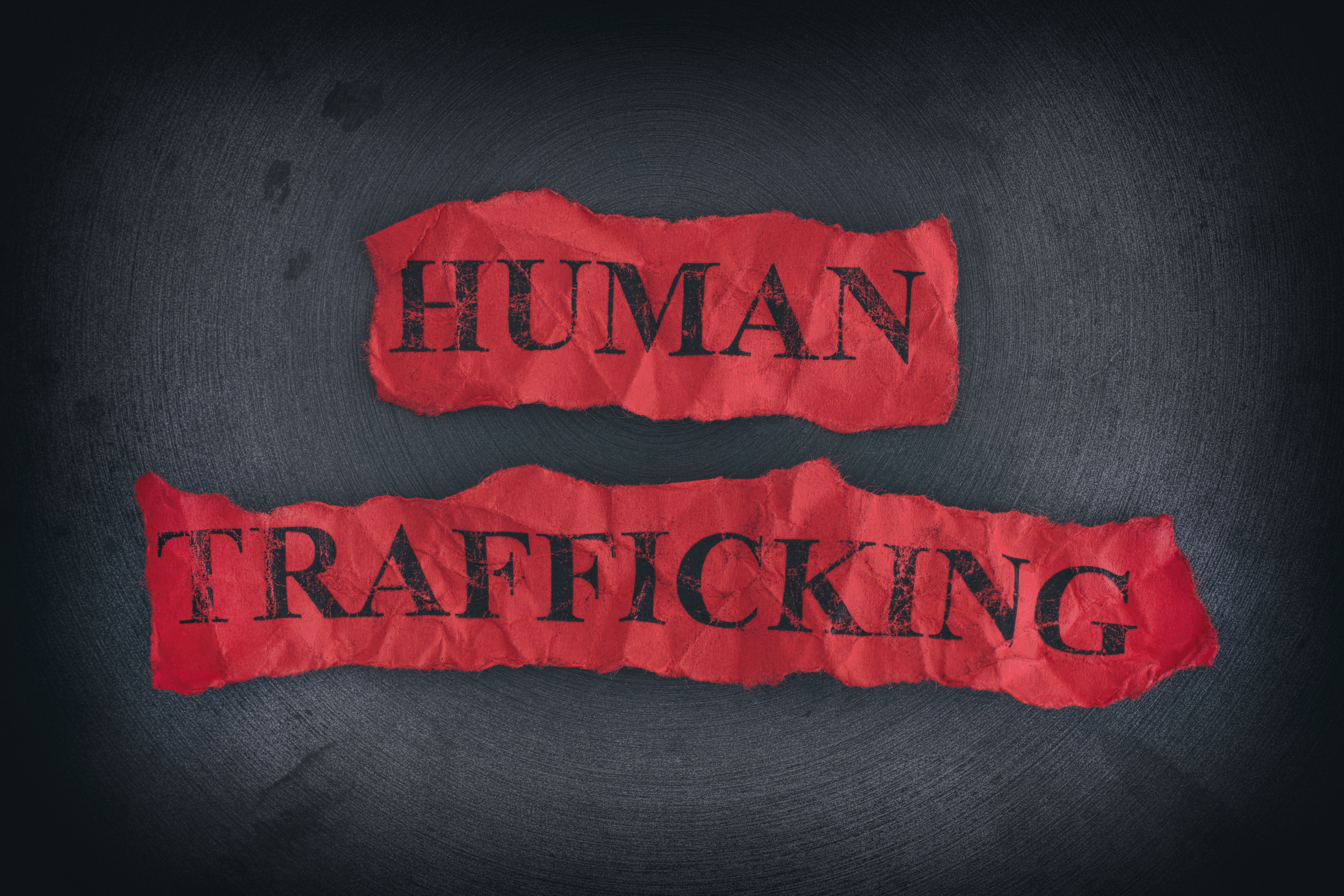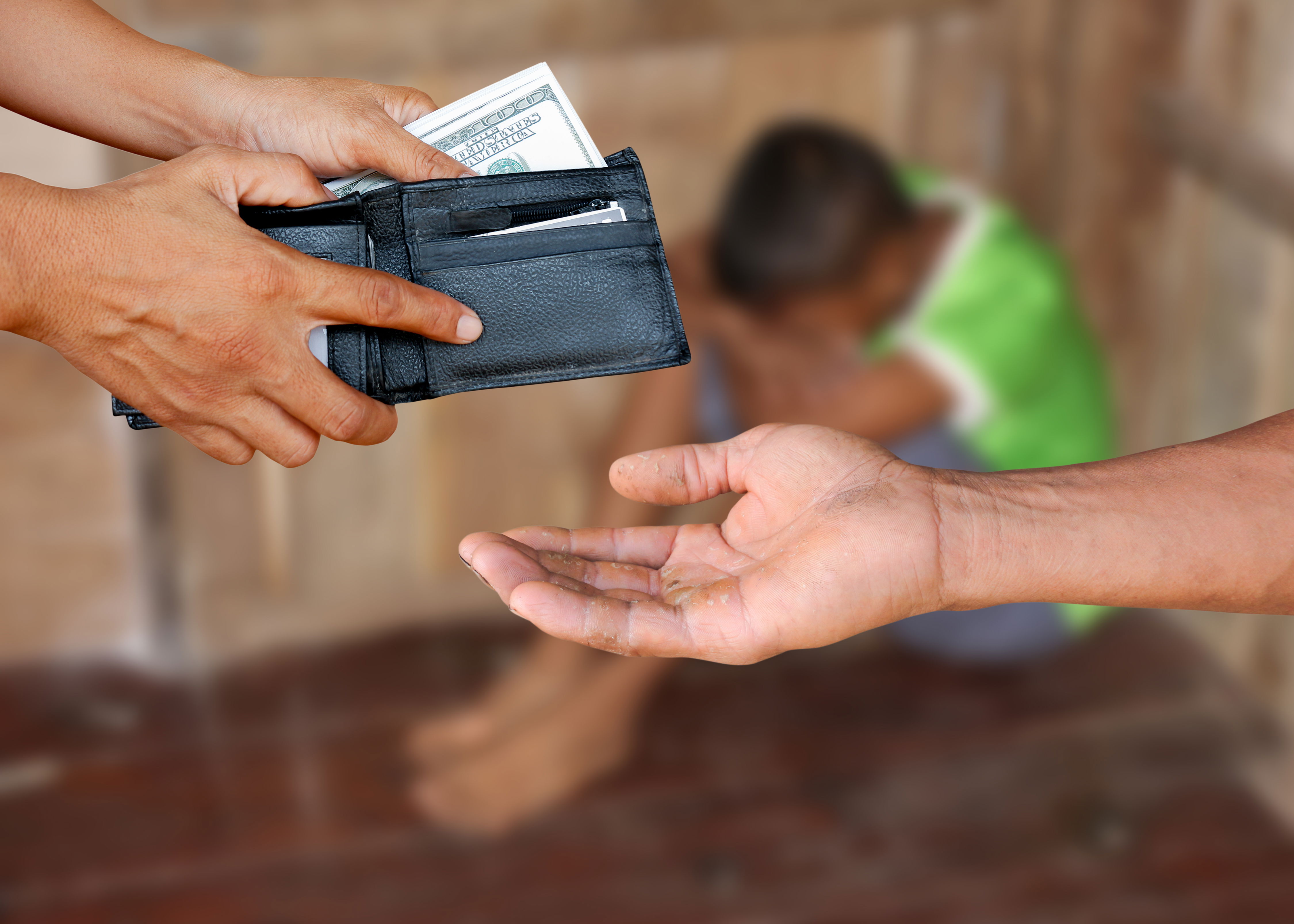Human Trafficking in South Africa
Human trafficking remains a critical issue in South Africa, with both domestic and foreign victims being exploited for sex trafficking, forced labor, and other exploitative sectors such as agriculture and construction. While the government has made strides in addressing these challenges, many gaps still exist. Let us be aware of these issues, take necessary steps to protect vulnerable individuals, and ensure that your company is not unintentionally contributing to these crimes.

The Current Landscape: Progress and Challenges
In recent years, South Africa has made notable progress in tackling human trafficking. The country’s efforts led to an upgrade to Tier 2, reflecting improvements in victim referrals, increased prosecutions, better victim shelters, and enhanced screening processes. However, challenges persist. Many agencies still lack coordination, victim services remain delayed, and law enforcement requires additional training. Corruption continues to be a significant barrier, with some traffickers operating with tacit approval from officials. Furthermore, crucial immigration provisions of the PACOTIP Act remain inactive due to parliamentary delays.

What Businesses Need to Know
As businesses, especially those in sectors like agriculture, construction, hospitality, and retail, it’s essential to stay informed and proactive. Traffickers often recruit victims through false job ads and charge recruitment fees, making migrants, youth, and women particularly vulnerable. Understanding these tactics can help you identify and report potential trafficking activity within your workplace or industry.
Key Recommendations for Combating Human Trafficking:
- Strengthen Investigations and Prosecutions
Ensuring that traffickers and complicit officials face severe penalties is vital. Encourage robust investigations into suspicious recruitment practices, especially those that involve foreign workers or vulnerable communities. - Proactively Identify Victims
Businesses must be vigilant in identifying potential trafficking victims, especially in high-risk sectors. Train employees to spot red flags such as inconsistent documentation, poor living conditions, or individuals showing signs of distress. Use Standard Operating Procedures (SOPs) to identify and refer victims to care. - Improve Coordination with Law Enforcement and Social Services
Enhanced collaboration between businesses, law enforcement, and social service agencies is key to faster victim identification and protection. Ensure that your business has a clear reporting structure and that employees are trained to assist when they suspect trafficking. - Support Victims and Protect Their Rights
It’s essential to understand that trafficking victims should not be penalised for crimes committed as a result of their exploitation. Create an environment where victims can report incidents safely and without fear of retaliation. - Focus on Prevention
Prevention is equally crucial. As a business, you should advocate for policies and practices that reduce the risk of trafficking, such as implementing stringent background checks for new hires and ensuring that contractors follow ethical recruitment practices.
What RPS Security Is Doing
At RPS Security, we are committed to supporting the fight against human trafficking through proactive security solutions for businesses. Our goal is to ensure that businesses are not just aware of human trafficking issues (among other crimes) but are equipped to make a difference.

How Can Your Business Help?
Human trafficking is a global issue, but it requires local action. Your business can take the following steps today:
- Stay informed and educated about human trafficking trends, especially within your industry.
- Implement clear reporting mechanisms for suspected trafficking activities.
- Support local law enforcement and social services by providing necessary assistance and information when trafficking is detected.
- Create a zero-tolerance policy for trafficking, ensuring that your business does not exploit vulnerable individuals in any capacity.
- Create awareness for Human Trafficking Awareness Day #HumanTraffickingDay, especially on 11 January.
In Conclusion
Human trafficking may feel like a distant issue, but it impacts our communities and economies directly. By staying vigilant, educated, and proactive, businesses can play a critical role in preventing human trafficking and protecting vulnerable individuals. At RPS Security, we are committed to helping you secure your business, protect your workers, and contribute to a safer world.Let’s work together to fight human trafficking.
Source: https://www.state.gov/reports/2024-trafficking-in-persons-report/south-africa/